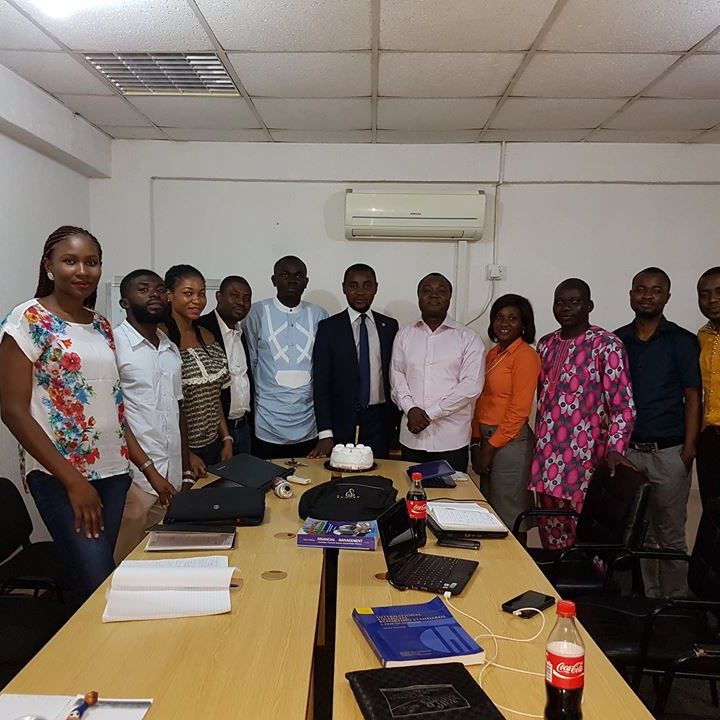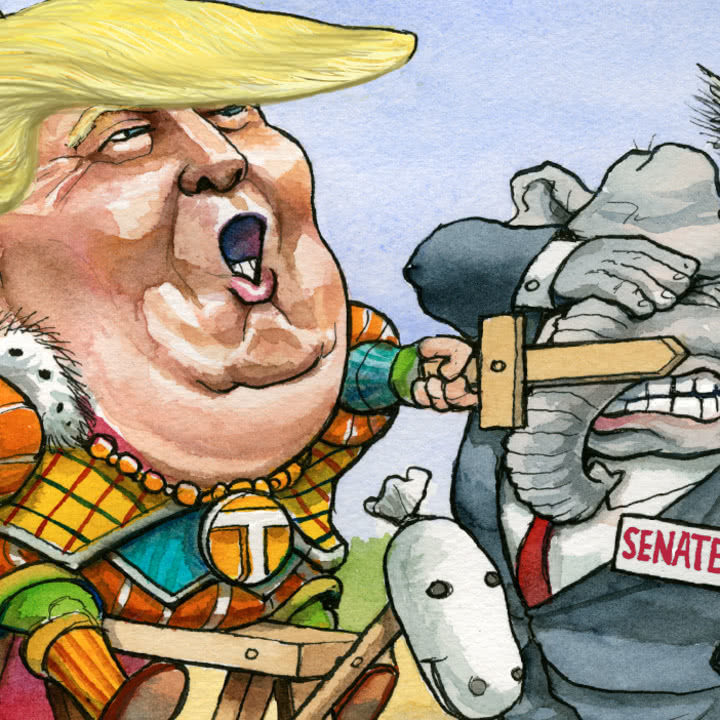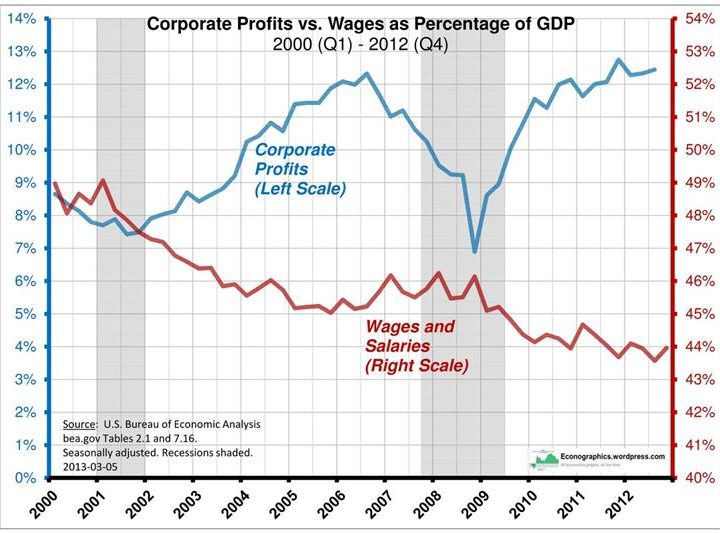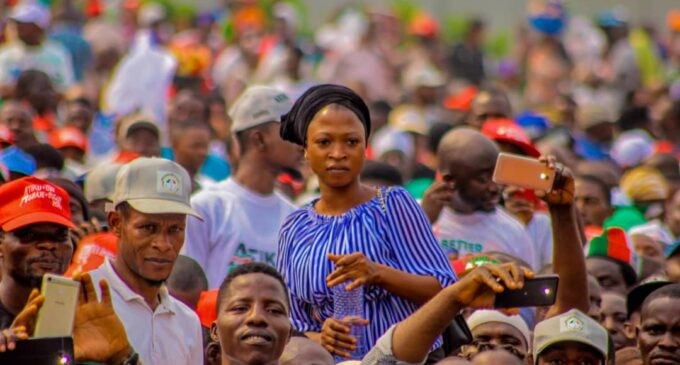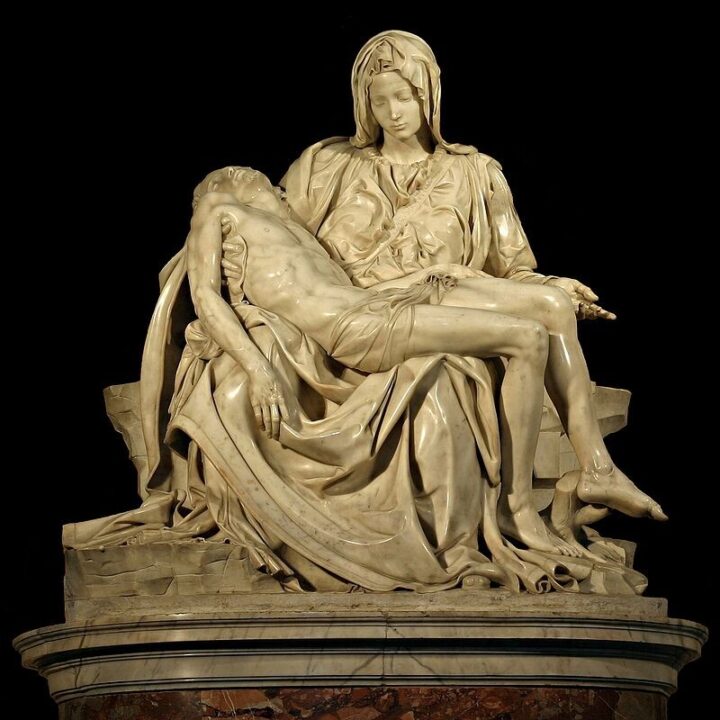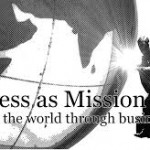The Full Title of this text is “The Practice of Development: The Hard work of loving the Poor.” Of recent, a pastor friend of mine recounted how delighted he was to hear another pastor teach that it could be better to give to the poor than to one’s pastor. Both men were coming from the context that giving to those who do not have is much valued in the sight of God than to a pastor who obviously has enough; I quite agree. It is very important that church leaders be provided for by the congregation, a truth both men ascribe to; hence, their posture wasn’t to cast aspersions on the character of leadership.
It is no longer news that most Africans live below the poverty line; what is news is that a lot of leaders (spiritual and political) do not really know why the status quo remains. It cannot be the will of God, He has blessed us sufficiently; on the other hand, our leaders cannot bear to think that they could be the problem, hence, the preponderance of “prayer” in the scheme of things. Now, what exactly should the prayer points be?
Understanding What to Pray for
Good prayers are products of good understanding. There are many reasons for the poverty in Africa and one of it is that on the average, the businesses in Africa are not sufficient and productive enough to meet the demands of the population.
If you’re not working for an organisation (public or private), then you are operating one yourself; otherwise, you are one of those still enjoying the efforts of parents and guardians, blessed are thou but please read on.
Consider the public sector for instance, nearly all the State governments in Nigeria rely on Federal allocations to meet their obligations; in other words, as a productive entity they do not have sufficient revenue generating capacity to even meet overhead. What this means is that the State governments, in productivity terms, are appendages of the Federal government. They are the cost-centres (cash-leaking parts) of the Federal Government.
Now, the Federal Government, is a big bureaucracy whose main source of funds is from one industry – oil and gas; and if you look close enough, ten firms; or less. Yes, the oil majors in Nigeria represent the pay masters of the entire bureaucracy. Do not let the flashy cars and slogans of State governments fool you, until States can cater for themselves, the less than ten firms in the Niger Delta are the ones paying all their bills.
Now, very few people are employed by the Oil and Gas Industry; so, all the money there goes to the FG and the less than ten firms doing the hard work. Chances are that you are not in government or in the oil and gas industry.
Now, it is important you note that the oil and gas industry in Nigeria is not as competitive as her counterparts abroad (we export only crude materials); if we weren’t, many more folks would have been employed by the value chain.
Before we continue, let’s summarise: “the entire bureaucracy in Nigeria (almost the 15Trillion Naira Government budgets) is mainly sponsored by the few firms in the oil and gas sector. We didn’t bother to shine a torch on the labour issues in the industry, but suffix to say that apart from what the government gets, the rest goes to the foreign firms who repatriate their cash.
Now, a very large chunk of the business community in Nigeria thrive by either doing contracts for the government or taking the few dollars government have and importing items (exporting the jobs), even items we can make here. Before, we blame the importers, it is important to note that it is not entirely their faults…it is easier to do so. Like water, they understandable took the part of least resistance.
The other chunk of the business community is either into Agriculture, trading or servicing these main sectors. When the volume of individuals in a sector is huge, the earnings in those industries would be relatively smaller. Hence, development is achieved when the productivity of particular industries is increased per capita. So, we must develop other sectors…there is no other way.
A good prayer on this subject, in my humble opinion, should be industry specific. Imagine that half of Nigeria’s forex earnings this year would be spent importing petroleum products…meaning that if we fix that industry, and refuse to import anything in its place, the dollar rate would practically half (that’s crude economics, but you get the point).
Giving, therefore, should be focused on this hard work of helping folks build capacity and not to feed consumerism. My heart bleeds at the level of consumerism in our places of worship, the crude oil money (remember where the cash is coming from) that could be used to develop people (assets) are used to buy clothes, sound equipment and build structures that are essentially liabilities.
Before someone reminds me of the incidence of Jesus and Mary’s alabaster box, it should be noted that the passion of Christ for which Mary prepared Him for was a singularity; the “poor you would always have with you” statement tells us of what should be the constant posture of our heart.
On Giving in the Places of Worship
Ideally, the Church of Christ represents the communion of the saints; hence, when we sign in with a Church, the brotherhood shares in our challenges. The community should care for her membership, enough to help each other socioeconomically. This is not to say that the Church is a welfare state; but that by definition, her Mandate does not exclude such. Hence, leadership should see to it that those with the gift of Administration and Help focus their energies on helping the community reach peak performance; this is difficult if the Church focuses her resources on maintaining physical structures and maintaining the lifestyle of the “chief servant”, as is observed in certain settings.
It is important to understand the general posture of the church leadership in this respect, to enable us commit to the important prayer of asking God if supporting such a posture is good stewardship. It is not necessarily wisdom to feed consumerism, under any guise; that posture is contributing a great deal to the current poverty level and is not helping the poor.
We have a similar problem in Northern Nigeria, the Emir of Kano recently asked for places of worship to be converted to learning centres. What he was saying essentially is that the resources spent on worship could as well support mental development. Resources are scarce, so we must choose wisely; right now, we have fantastic religious edifices and under performing industries…it is a choice, that’s the point I am trying hard to make; we chose this status quo. Loving our neighbours and helping the poor in our generation involves a great deal of faith and work; it is my conviction that we are very much equipped for the task.
Conclusion
The poor need help to develop and if such help is not given; very soon, we would all be poor. The dependency rate in Africa is very high, and without any constructive and well-thought out development plan, the level of dependency will only increase as this very youthful population begin to hit the golden age of forty. By 2050, Nigeria would have a population of nearly 400 million people; that’s 200 million more dependents in the next 35 years. So, we do have an emergency in our hands, hence, the need to speak the truth to ourselves in love.
